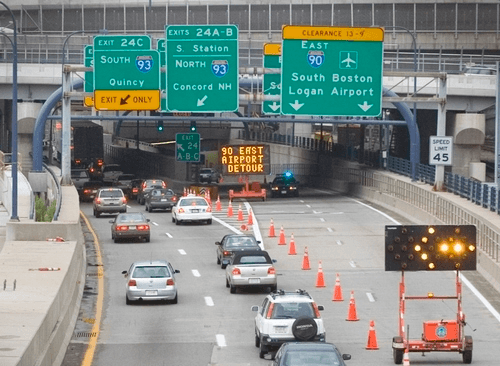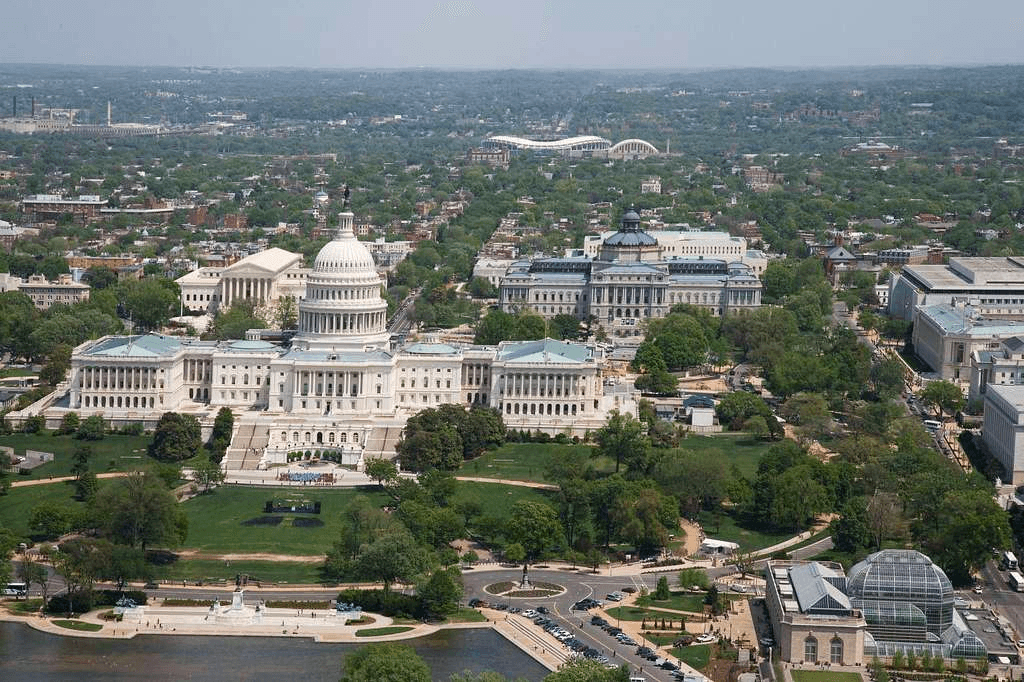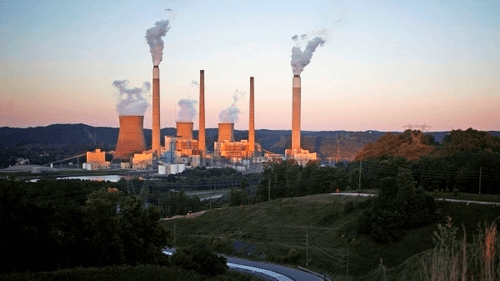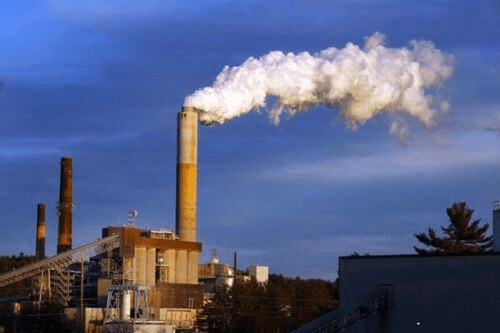Uncategorized
|
2007
Massachusetts v. Environmental Protection Agency
This 2007 case laid the groundwork for future lawsuits forcing the EPA to enact stronger regulations.
In this case, Massachusetts and several other states sued the EPA to regulate carbon dioxide emissions and greenhouse gases. The 2007 Supreme Court Case found that the EPA can regulate greenhouse gases, such as carbon dioxide, as “air pollutants.” The Court also found that the states had standing to sue due to potential damage caused to their territory by global warming. This finding was a precursor to future lawsuits that demanded the EPA create stronger regulations.
Current Events
Explore how the past impacts current events today

Transportation
The transportation sector accounts for nearly 29% of American greenhouse gas emissions. Because of this, it has become a central part of the climate change debate, with environmental advocates pushing for greener alternatives.

Environmental Regulations
While many on the Left argue that federal regulations are a vital tool in combatting climate change, those on the Right argue the federal government has no authority to impose these sweeping mandates.

West Virginia v. EPA
West Virginia v. EPA is a group of consolidated cases before the Supreme Court for the 2021-2022 term seeking to limit the Environmental Protection Agency’s (EPA) regulatory powers. The plaintiffs argue that a federal court wrongly overturned a Trump Administration EPA rule that repealed and replaced an Obama-era environmental policy. This case could be a landmark ruling for environmental law and Congress’ authority to delegate powers to executive agencies.
